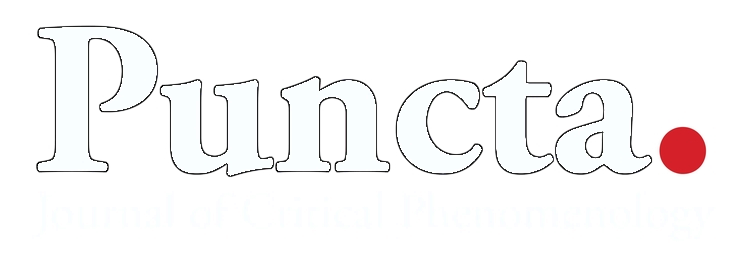Crisis, Alterity, and Tradition: An Anthropological Contribution to Critical Phenomenology
Abstract
One does not just live in a crisis: a crisis calls for action. Etymologically, from the Greek krisis, it is a turning point or a moment of decision. It not only alters perception; it alters the demands for living. It stands out from the everyday. If we follow Gail Weiss (2008), we could say that a crisis is a moment when the ground called “ordinary life” is interrupted in such a way that it no longer functions as an out-of-awareness backdrop but itself becomes the visible figure. But what happens when the ground is already permeated by crises, large and small? How should we think about crisis when we cannot call upon a simple binary—times of crisis and somehow livable normal times? How to think, conceptually, about those communities who live with what is variously termed “slow death” (Berlant 2011), “slow violence,” (Nixon 2011) or “chronic crisis” (Vigh 2008) that make the everyday a source of such continual threat that crisis and non-crisis shade into one another? I ask these questions in the context of my twenty-year history of research in African American communities in which families are caring for children with disabilities and chronic illnesses.
